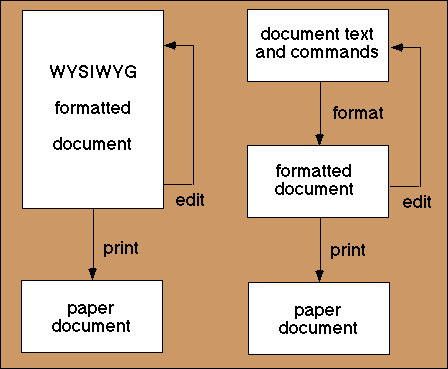Big Data "The Sexiest Job of the 21st Century"

Google’s Chief Economist Hal Varian on Statistics and Data (Big Data) “I keep saying the sexy job in the next ten years will be statisticians. People think I'm joking, but who would've guessed that computer engineers would've been the sexy job of the 1990s?” January 2009 Check out the full article Indeed Varian wasn’t joking, actually up to this date “The shortage of data scientists is becoming a serious constraint in some sectors.” Read more Dr. Kirk Borne, Data Scientist. Data Mining Specialist. Astrophysicist, Space Scientist. Whom I first met at George Mason University while I was taking his “Scientific Database” graduate level course, and currently he is Principal Data Scientist at Booz Allen Hamilton published a very interesting article “Data Science Declaration” January 2015. In his well written and articulated article, Dr. Borne highlights the digital data revolution, the number of job announcements and open positions for data scientists which comes with well-paid salaries and hiring bonuses. Further the article call attention to how many of the job applicants (in general) that they lack in fundamental data scientist skills in statistics, programming, computational literacy, data literacy, data management, data handling, databases, machine learning, data mining, visualization, communications, scientific curiosity, some science training, plus some domain expertise. Candidates have only one of the requisite skills (software engineering, or programming, or SQL, or database administration) while simultaneously lacking the above mentioned key Data Science skill areas.
even though we don't expect one single person to have all of these talents, it is disappointing when "data scientist" job applicants have only one of the requisite skills (software engineering, or programming, or SQL, or database administration) while simultaneously lacking in any of the key Data Science skill areas (statistics, machine learning, data literacy,...) Dr. Kirk BorneCheck out the full article for more, it’s an interesting read. Follow Dr. Kirk Borne
- July 16, 2015
- Admin
- 0 Comments
